There are some beliefs in football that persist despite the fact that they are no longer supported by reality. One of them is the theory that South American clubs at the 2025 FIFA Club World Cup™ will have a huge advantage because... they have more rest.
But at this year's tournament, that belief was mercilessly shattered by representatives from CONMEBOL (South America) - through data, performance, and achievements.
Flamengo and the tireless machine
The club that played the most matches in the last 12 months was not Real Madrid, PSG or Manchester City. The name leading the list was Flamengo - a Brazilian team that played 77 matches between June 14, 2024 and June 14, 2025. A terrible number, especially in the context of many European teams complaining about "overloaded schedules".
But that did not slow Flamengo down. On the contrary, they entered the Club World Cup in impressive form, playing steadily, well-organized and convincingly passing the group stage.
The theory that "more rest makes you more refreshed" suddenly becomes out of place when faced with the image of a resilient, brave Flamengo that shows no signs of exhaustion.
Botafogo - the Copa Libertadores champions - are second with 73 matches, further reinforcing the notion that high intensity does not compromise quality. They played on par with PSG in the group stages, with physical strength and fighting spirit not inferior to their famous European opponents.
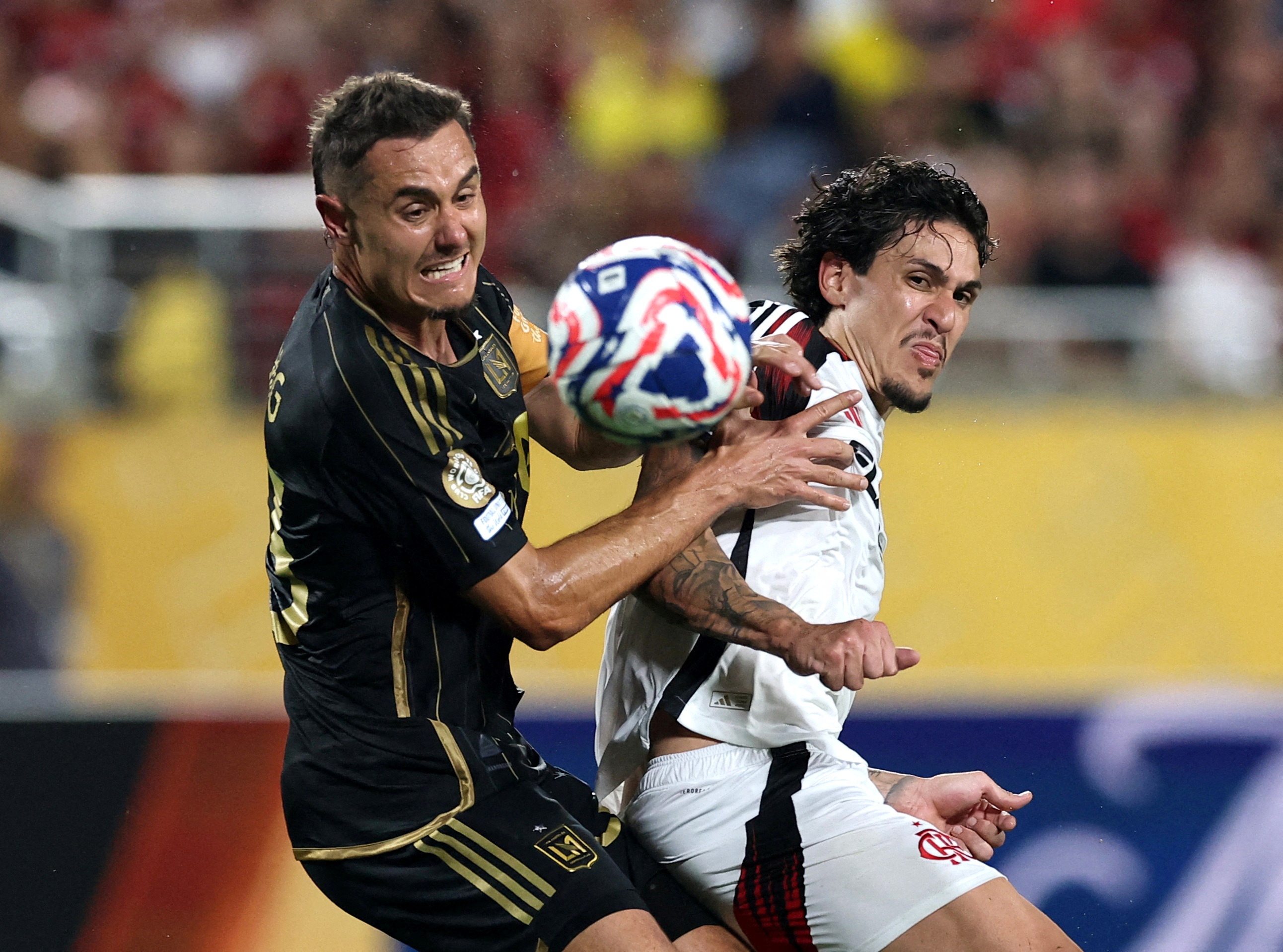 |
The data shows that Brazilian clubs have played a lot of matches recently. |
Fluminense (72 matches) and Palmeiras (70 matches) are also in the top 4 clubs with the most matches played in the world . A tight schedule is inevitable for Brazilian clubs, as they have to play in the national championship, compete in continental cups, and participate in state championships that are heavily weighted towards tradition and honor.
But instead of complaining, they see it as an indispensable part of the development journey.
Europe - more rest, but fewer reasons to fail
On the other hand, European clubs have played significantly fewer matches. Real Madrid - the European team that plays the most - has only played 62 matches, 15 less than Flamengo. Other big clubs such as Inter (59), PSG (58) or Chelsea (57) are all in the under 60 match bracket - a seemingly easy level compared to the South American representatives.
Even Atletico Madrid, who were eliminated early, did not blame their fitness or schedule. Meanwhile, River Plate (54 games) and Boca Juniors (52 games) from Argentina still showed their class, playing more games than Bayern Munich, Juventus or Dortmund - the big teams that seem to have less "running shows".
This year’s FIFA Club World Cup has seen an interesting reversal: the more they play, the more the South American clubs get into the groove, becoming sharper and more confident. The high frequency of matches does not reduce their physical strength, but on the contrary, creates a state of continuous competition and smoothness in the operating system.
The “rest theory” – the belief that South American teams play less and therefore are more fit – has been officially debunked. The truth is: they don’t get more rest, they work harder than the rest. But it’s from that cycle that they emerge in the best possible state of combat readiness.
Sometimes, strength doesn't come from avoiding fatigue, but from learning to live with it and overcome it. And that's exactly what South American clubs are doing very well in this year's tournament.
Source: https://znews.vn/clb-nam-my-va-cu-va-mat-thuyet-nghi-ngoi-tai-club-world-cup-post1564371.html

































































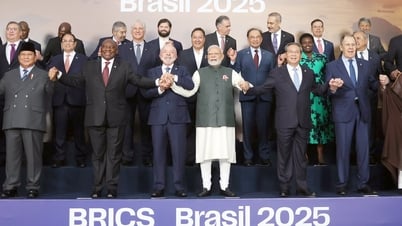




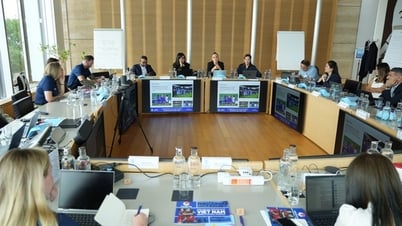

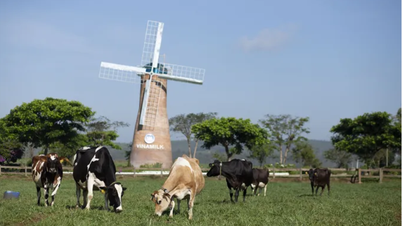























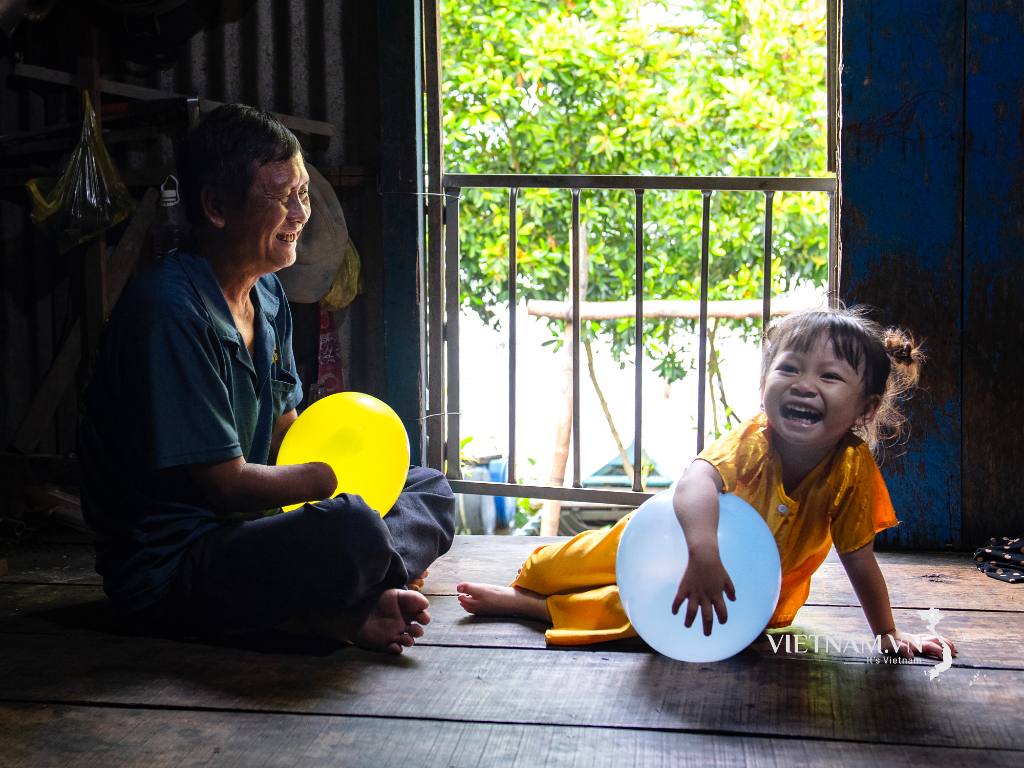

Comment (0)